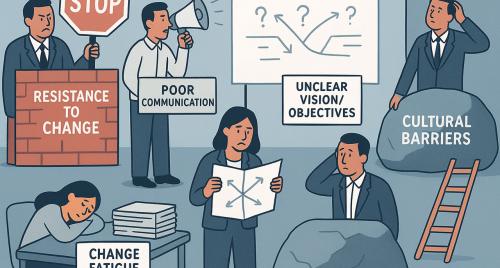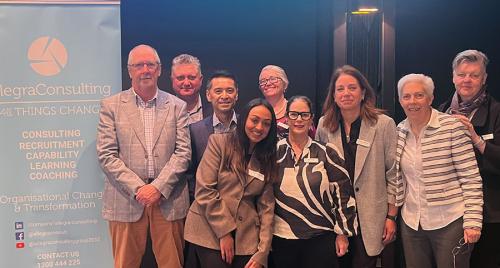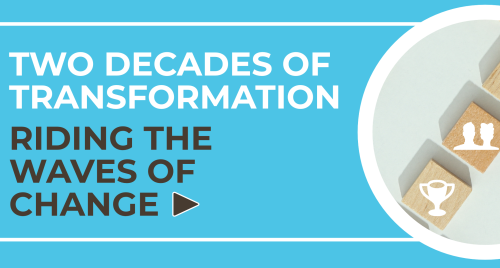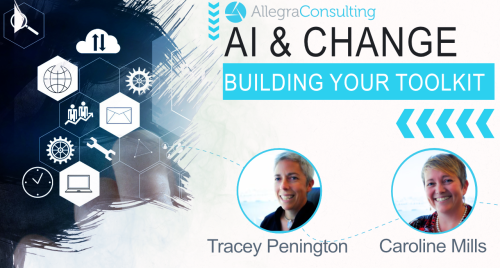
Our country is on fire. Every year we have bushfires, but this time it feels different – this is not the normal ‘circle of life’ where sources of growth and regeneration emerge. There is a very real possibility that some already-endangered wildlife species will become extinct, and indeed we are being told that entire ecosystems will likely be lost. The toll on human lives and businesses is not yet fully known, and it’s still early in the season. We will have to sit with this ‘known unknown’ for some time.
And while the human response from around the world has shown our collective ability to feel connection, compassion and respond in the moment to a crisis, we still find it difficult to deal with the long-term systemic changes needed to arrest climate change. The scale and implications are almost incomprehensible, and it sends us into denial, numbness and despair. Underneath it all there are plenty of power, authority and greed dynamics playing out. It is complex, unknown and challenges many of our current assumptions, habits and behaviours.
It occurs to us that some of the same patterns hold true for genuine organisational transformation. We are often good in a crisis in the moment – everyone sets aside their individual concerns and rallies around the cause that is very tangible ‘in the now’. But what happens in situations where there is no immediate crisis but we know we have to change over the medium to long term in order to thrive (in some cases survive)? Can we really afford denial or to keep propagating initiatives aimed at maintaining the very processes and systems we need to change? Can we just ‘positive think’ our way through it? The answer is clearly no, but how we shift into a different way of thinking and behaving is not easy and requires a maturity around collective outcomes that may feel threatening to some.
This is the very essence of enterprise leadership. We need to bias outcomes for the entire system and take actions at a very local level that help those outcomes. We can’t afford to give in to despair or the false sense of optimism that comes from putting a positive spin on everything just because we can’t tolerate the sheer magnitude of complexity.
So, where do you start in these complex and challenging times for organisational transformation?
1. Get clear on the story. Is the Executive team clear on the journey ahead and do they all talk to the same story of where the organisation is heading?
2. Find congruence amongst the various parts – this is the foundation of empathy. This is not smoothing things over until it’s palatable – it is balancing concerns so that a more reasonable conversation can occur.
3. Nudge the system – most significant changes occur through the accumulation of many small acts. Remember that complexity is where we don’t know the answer.







